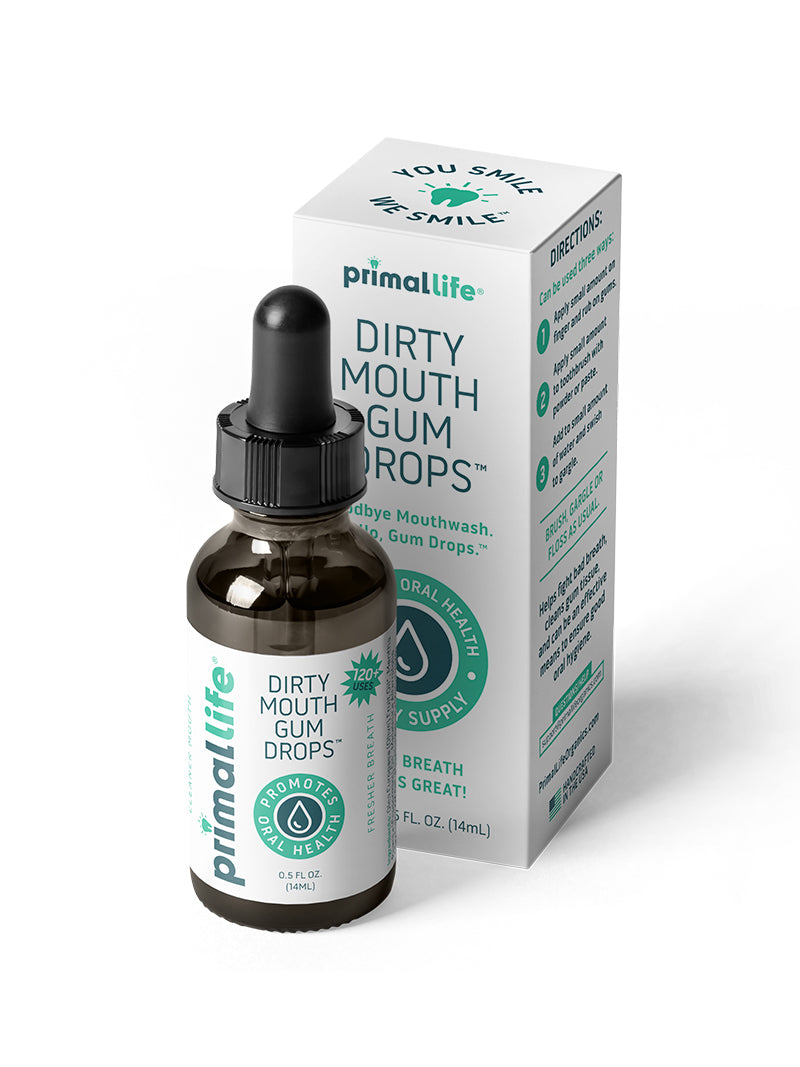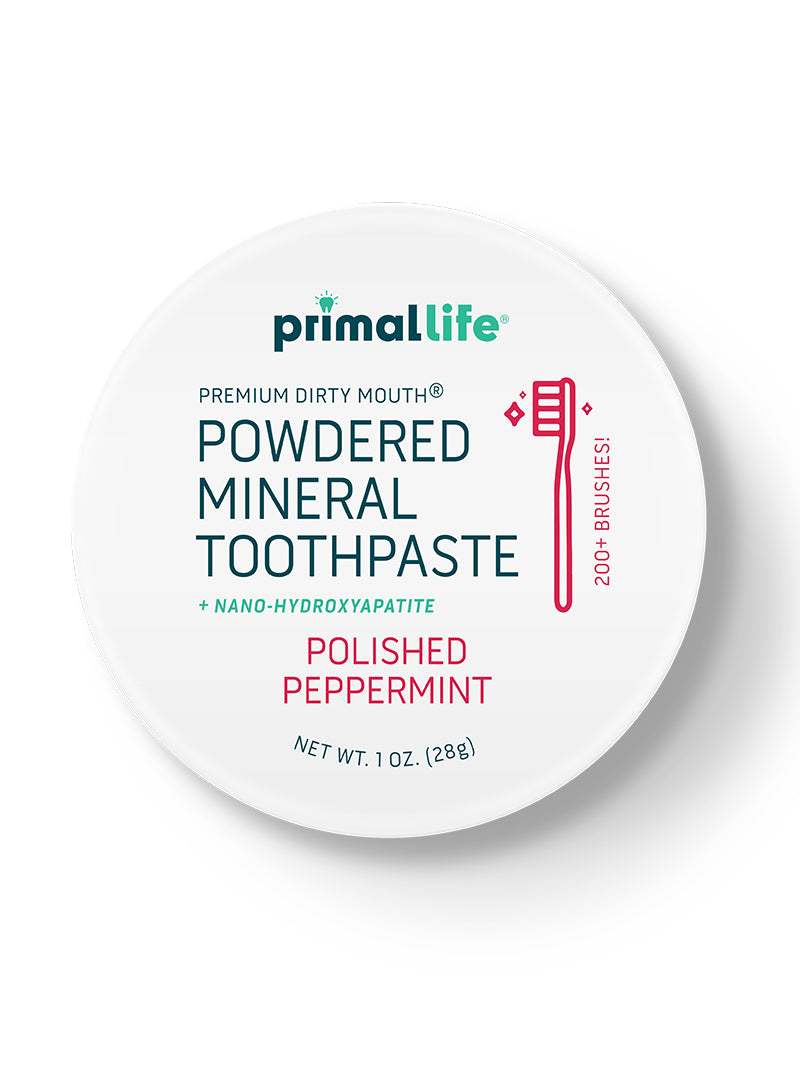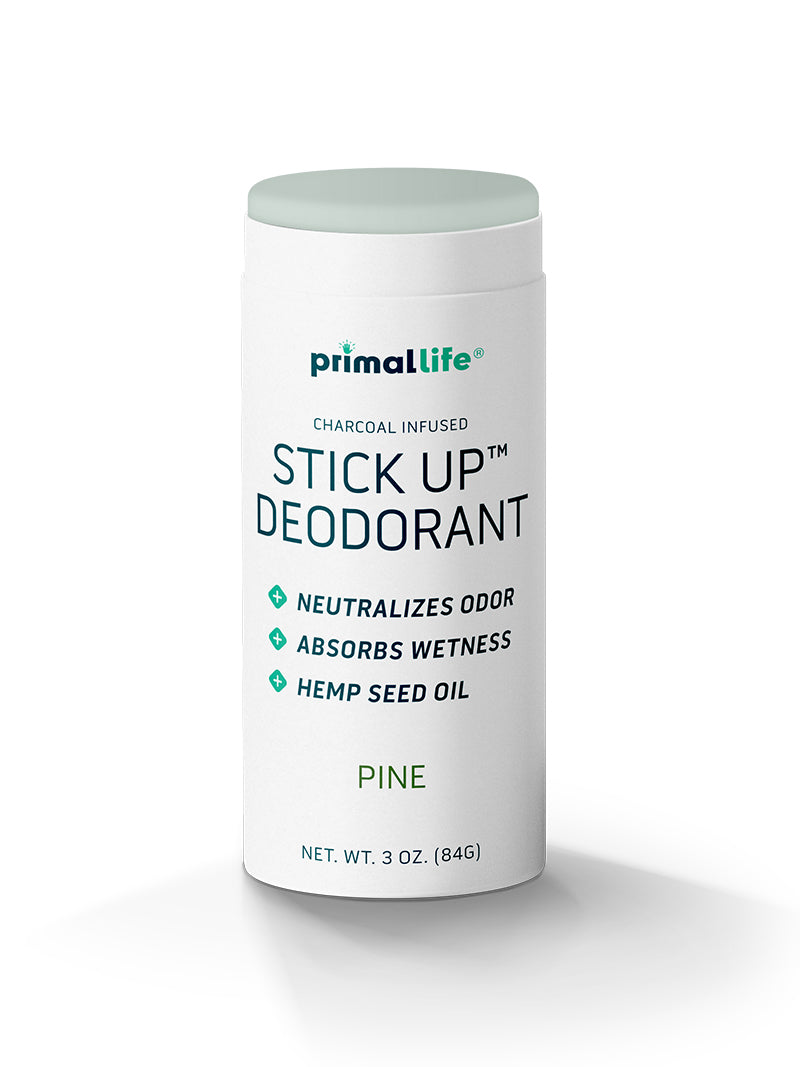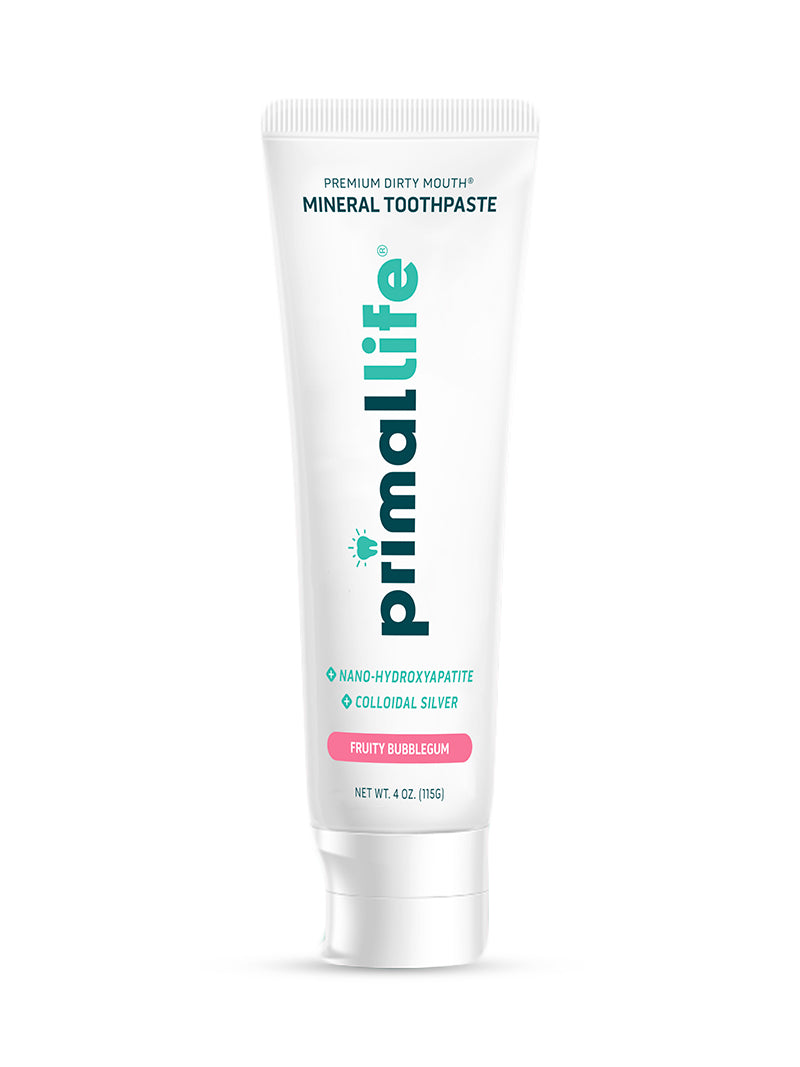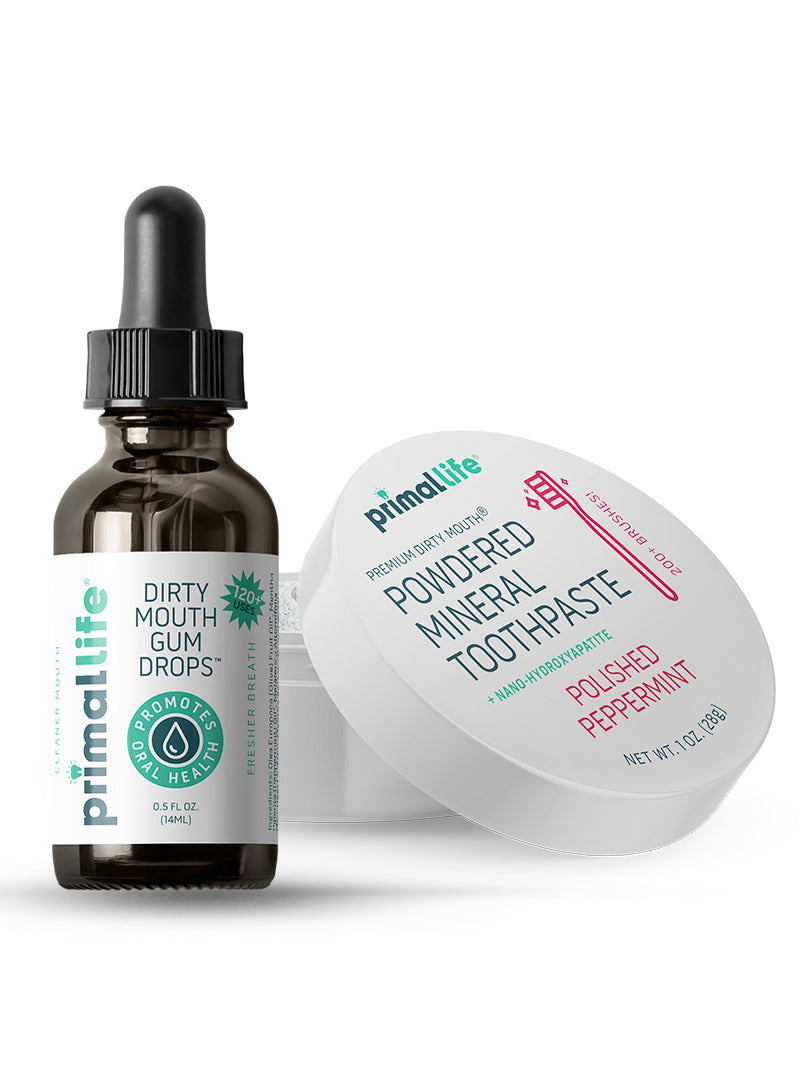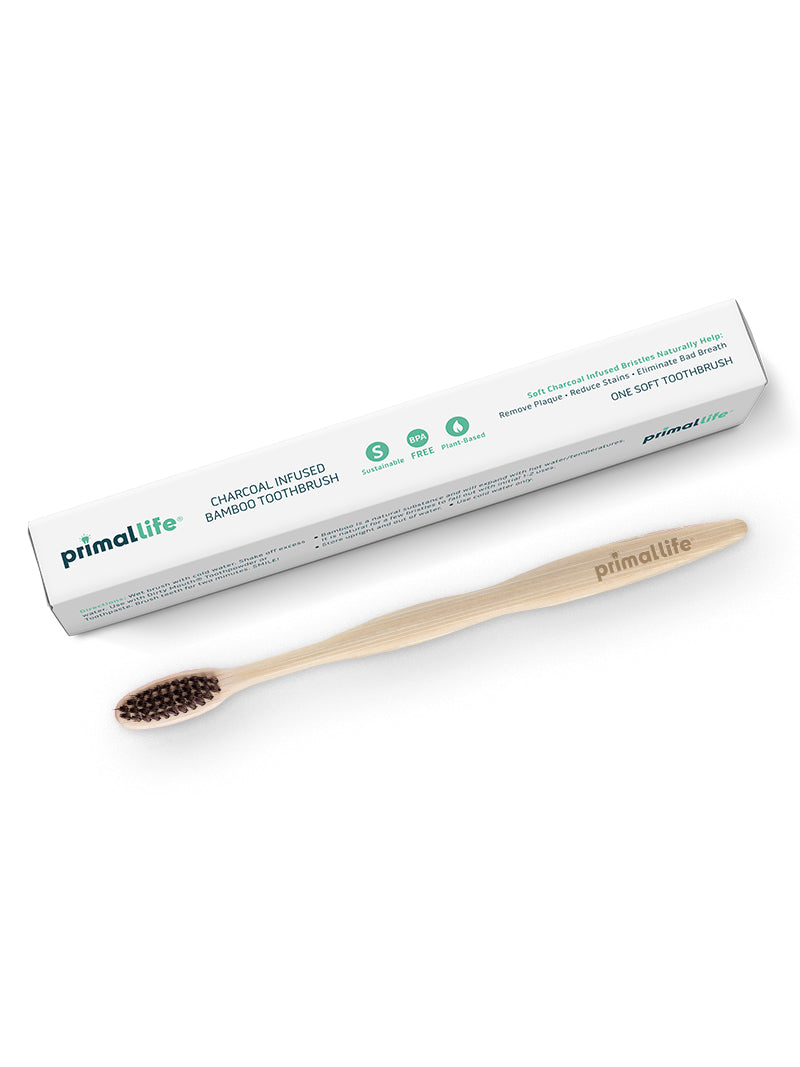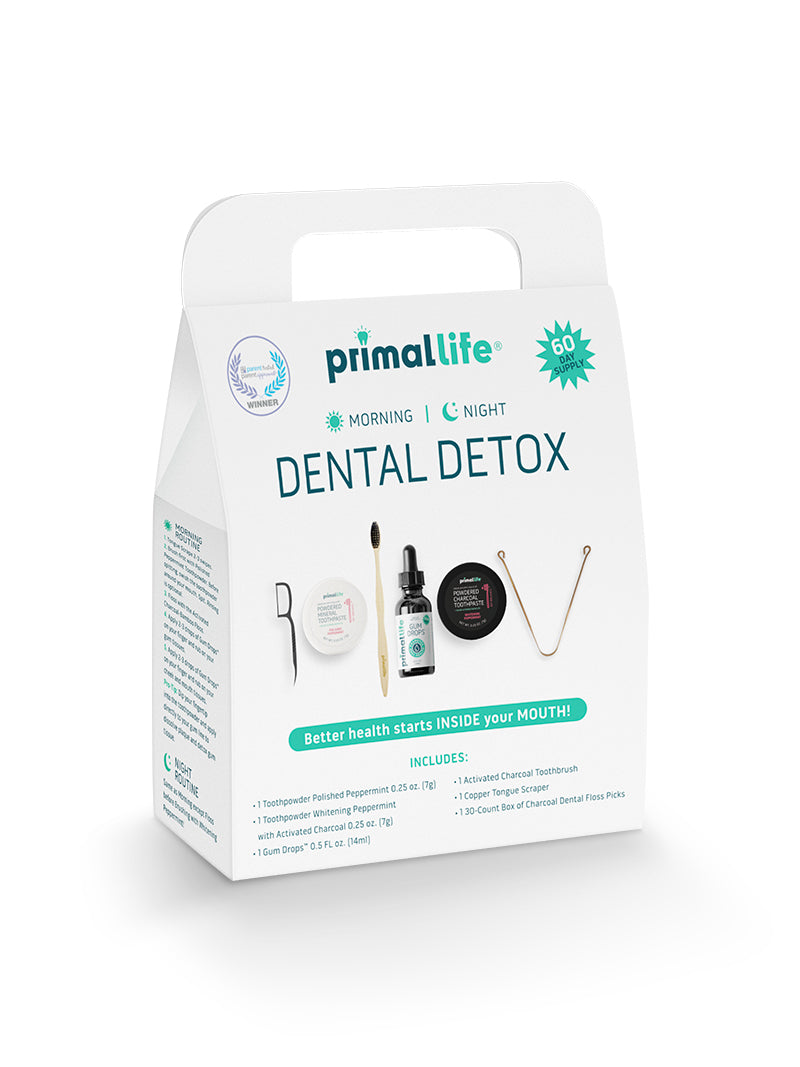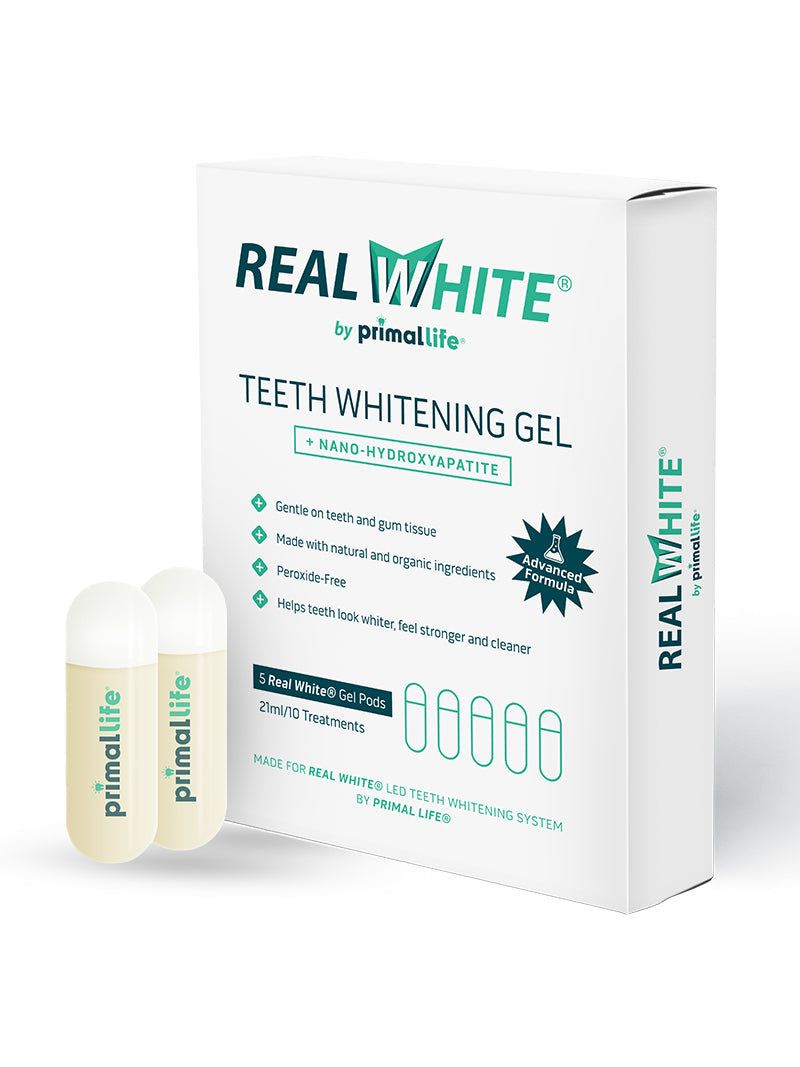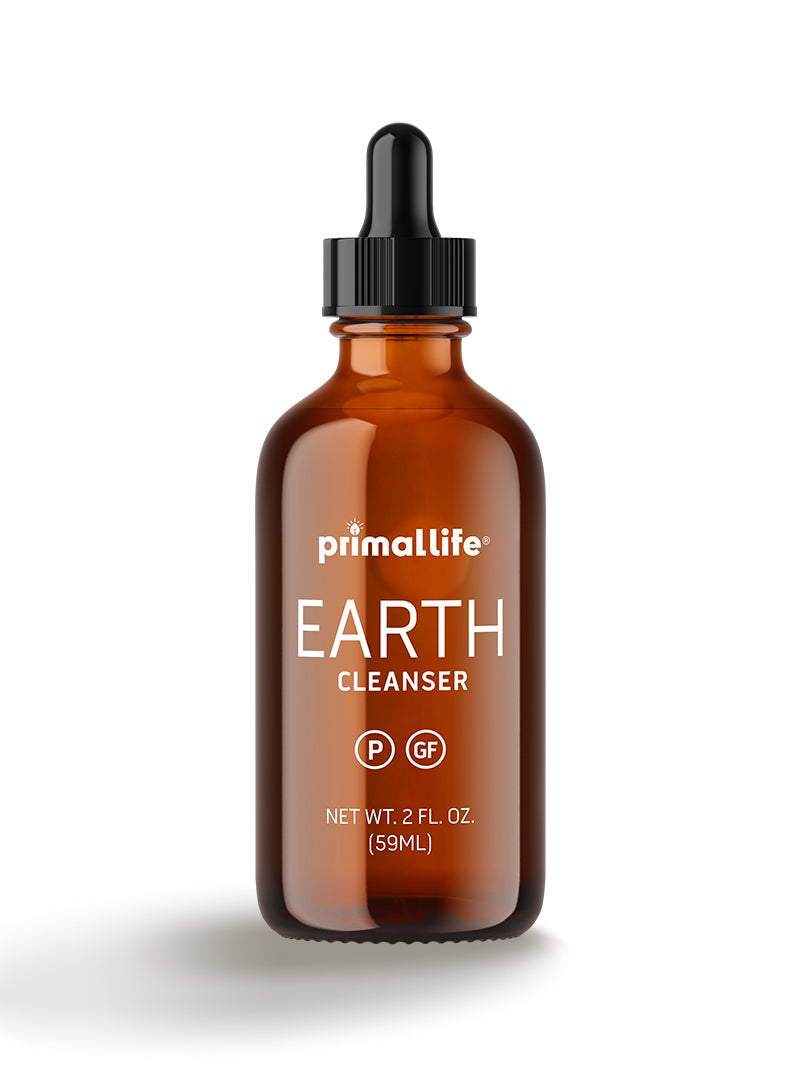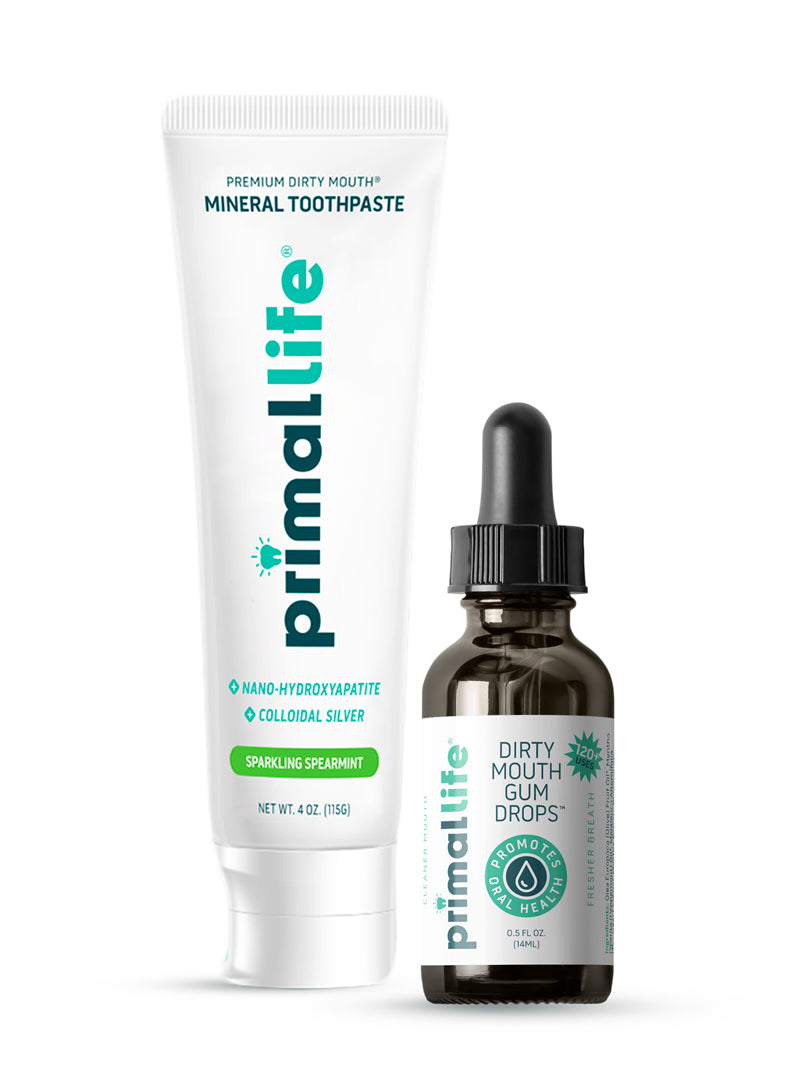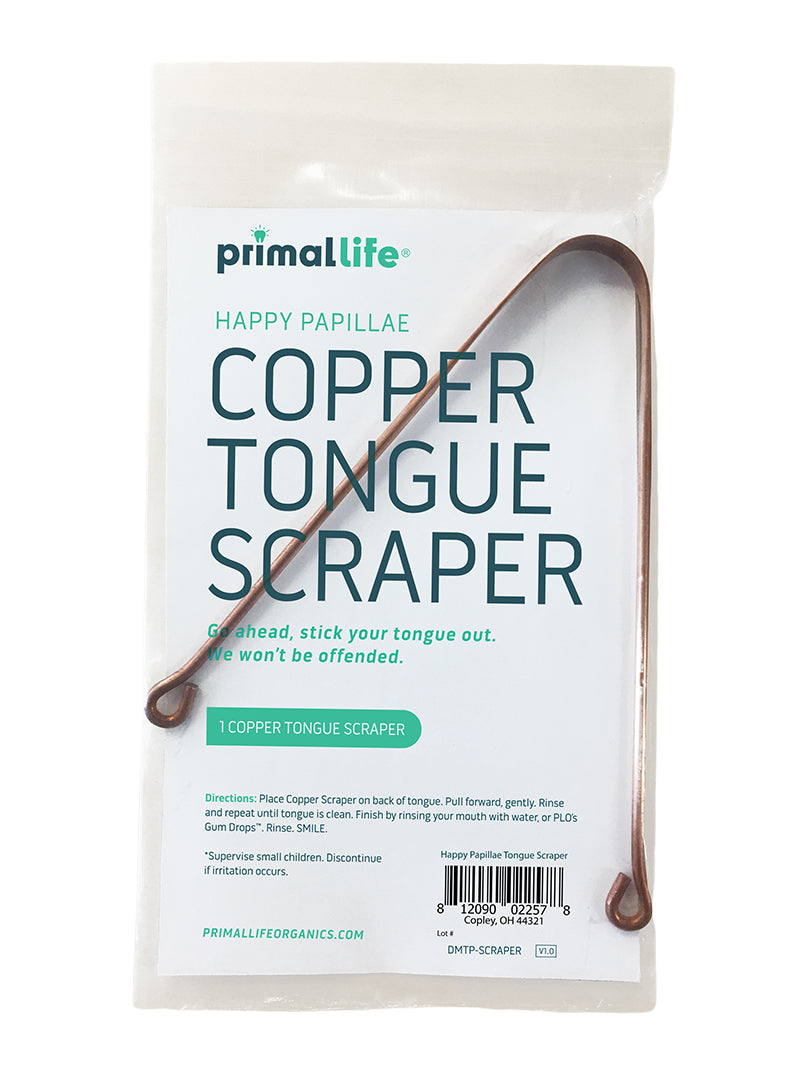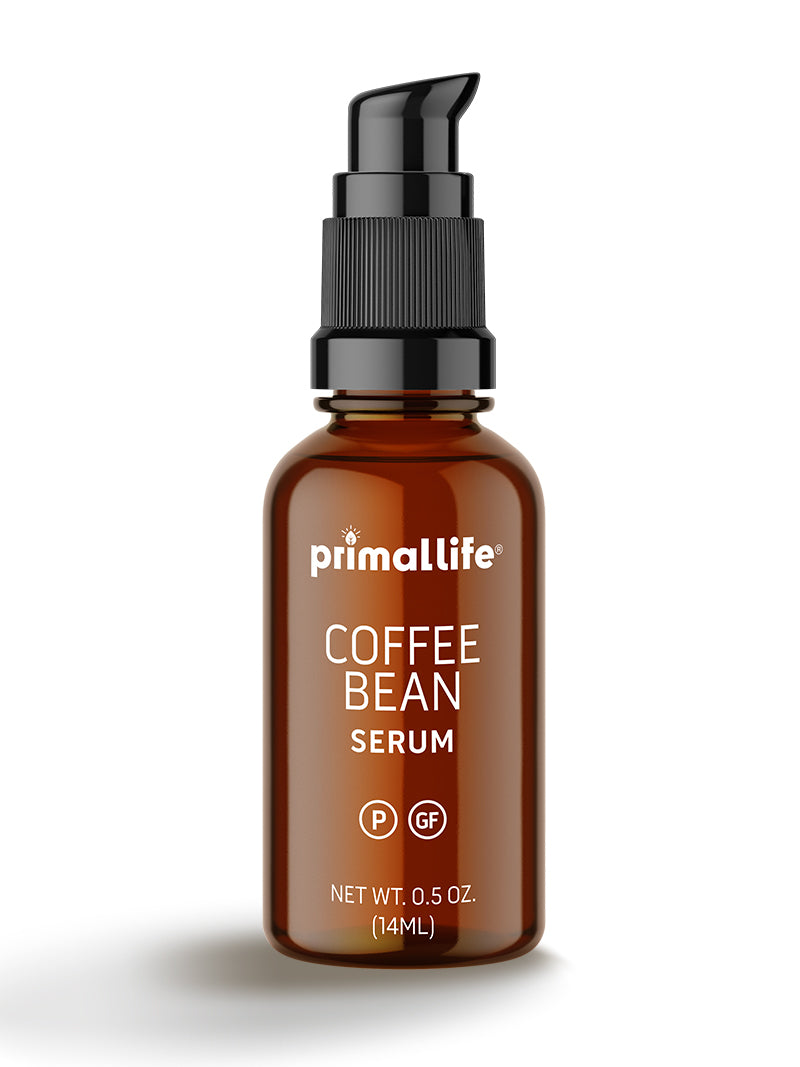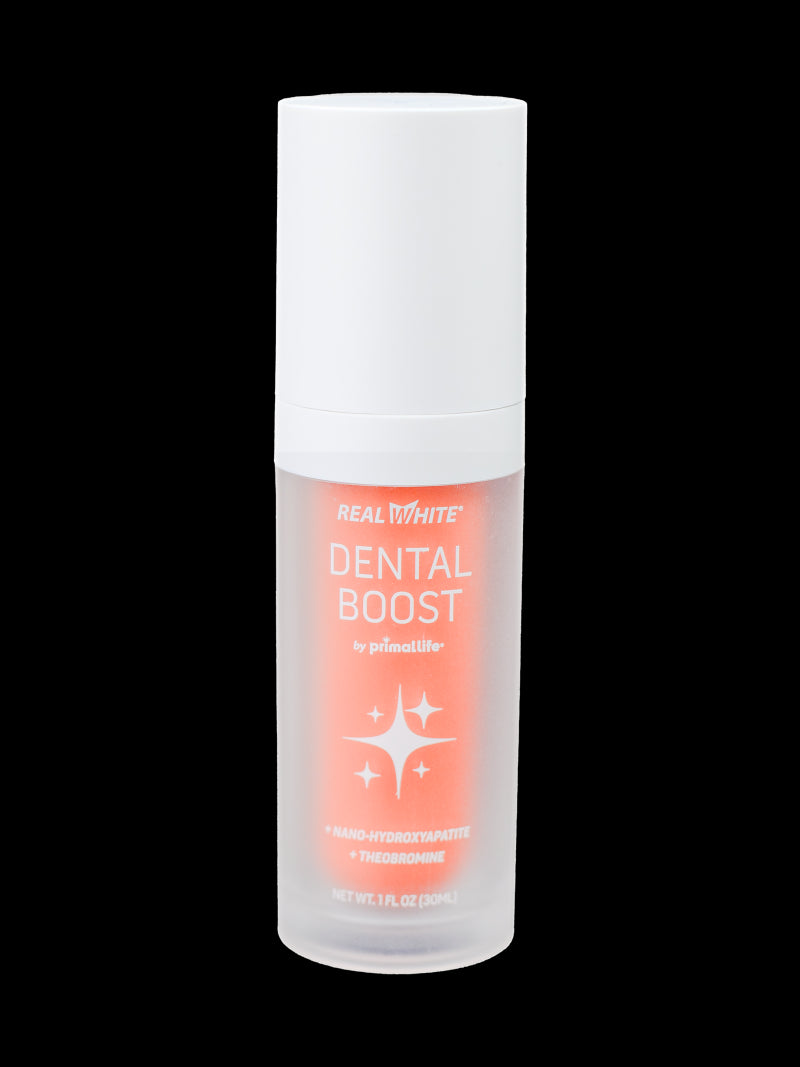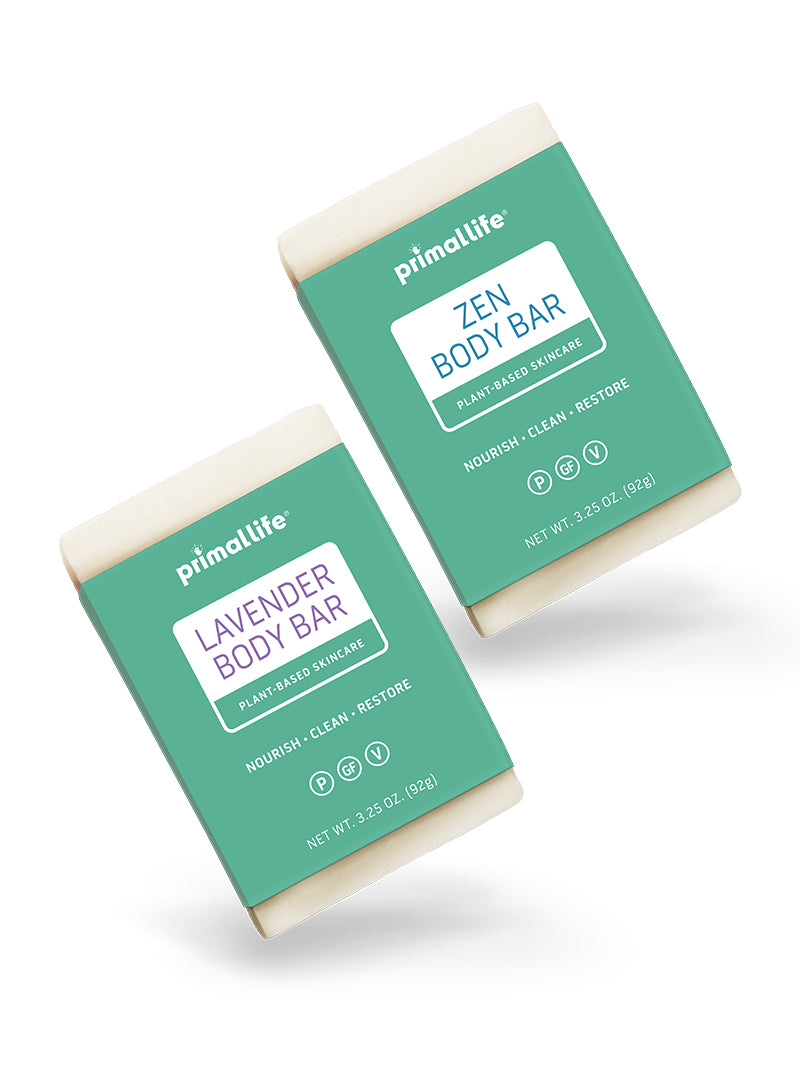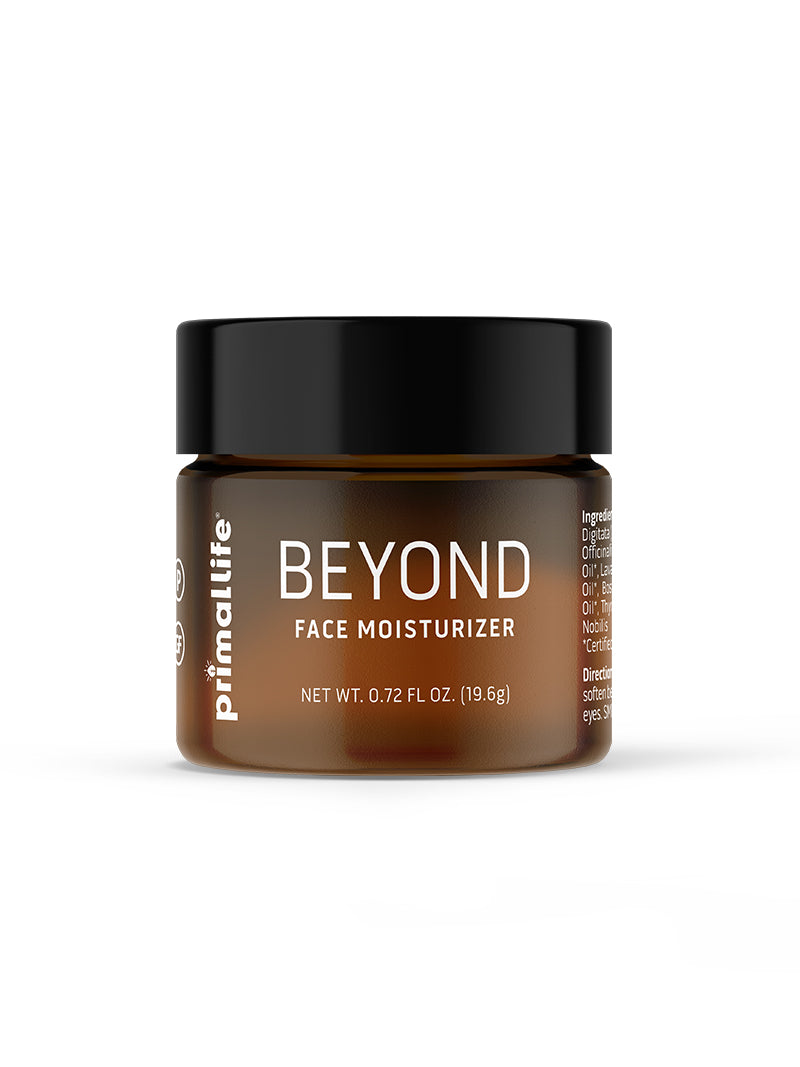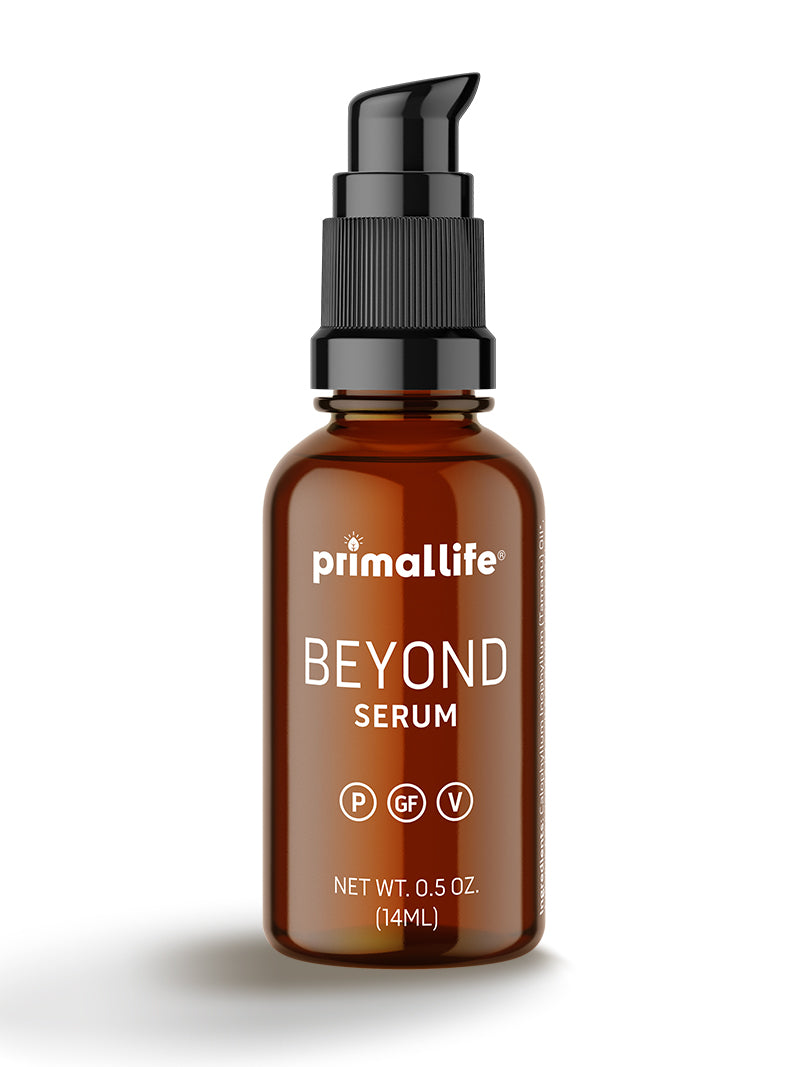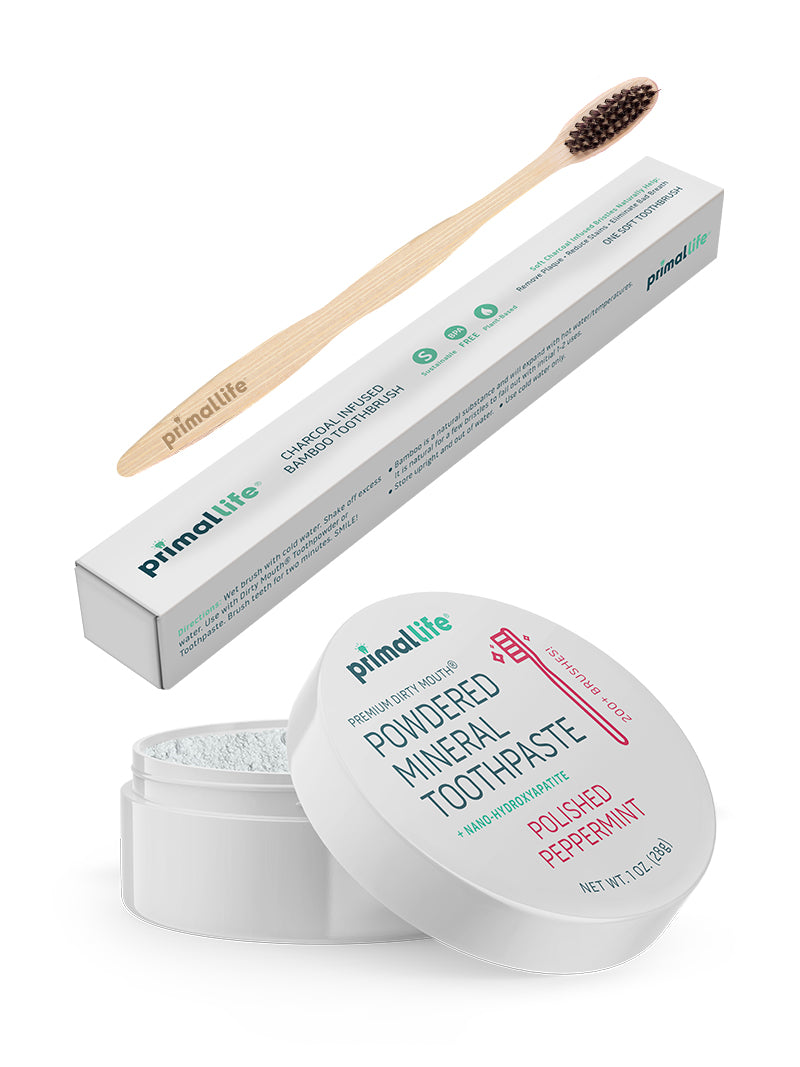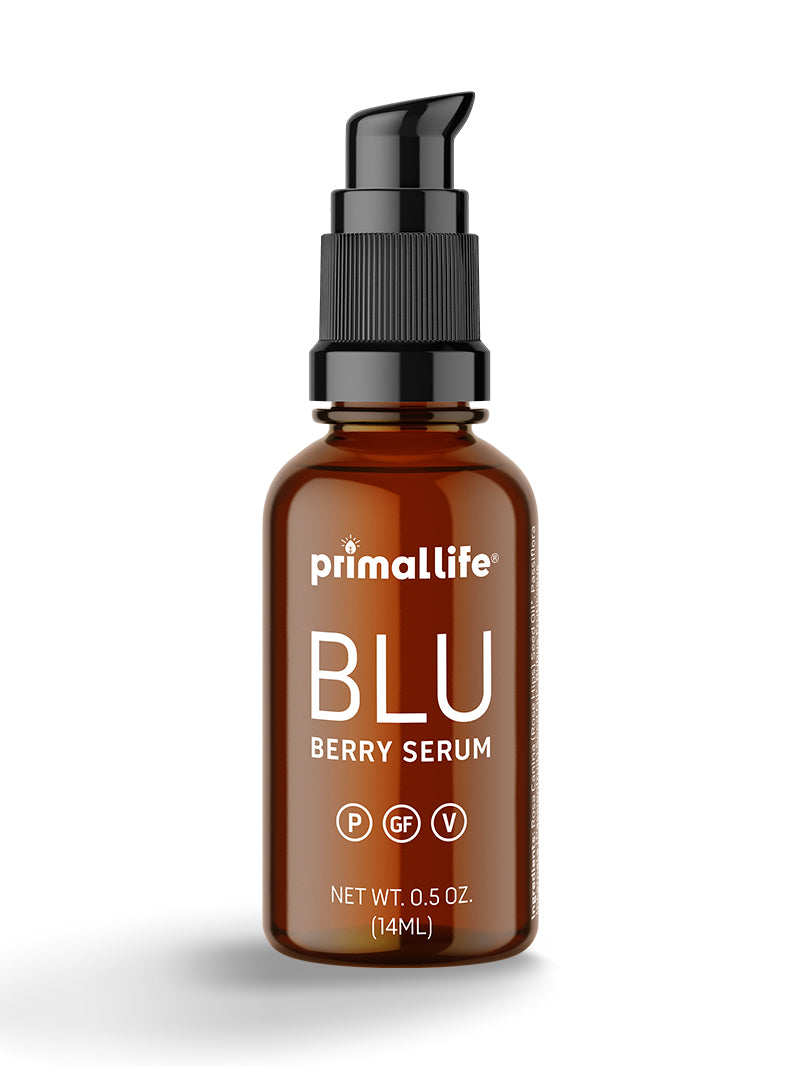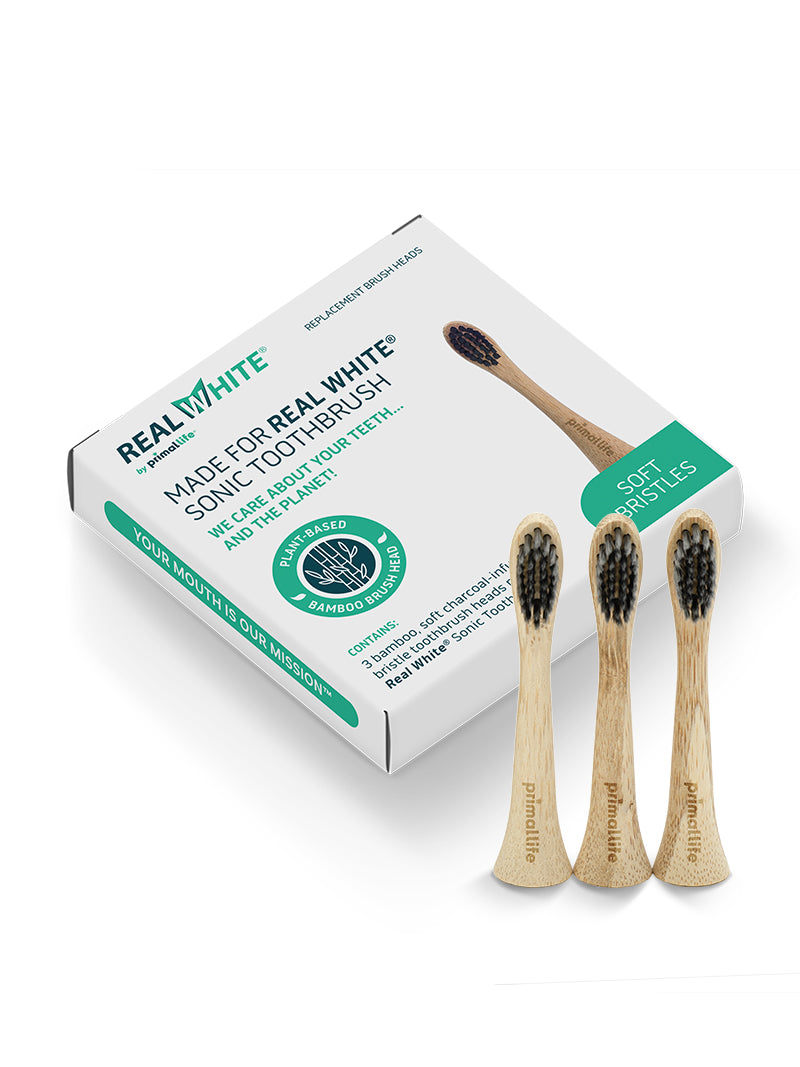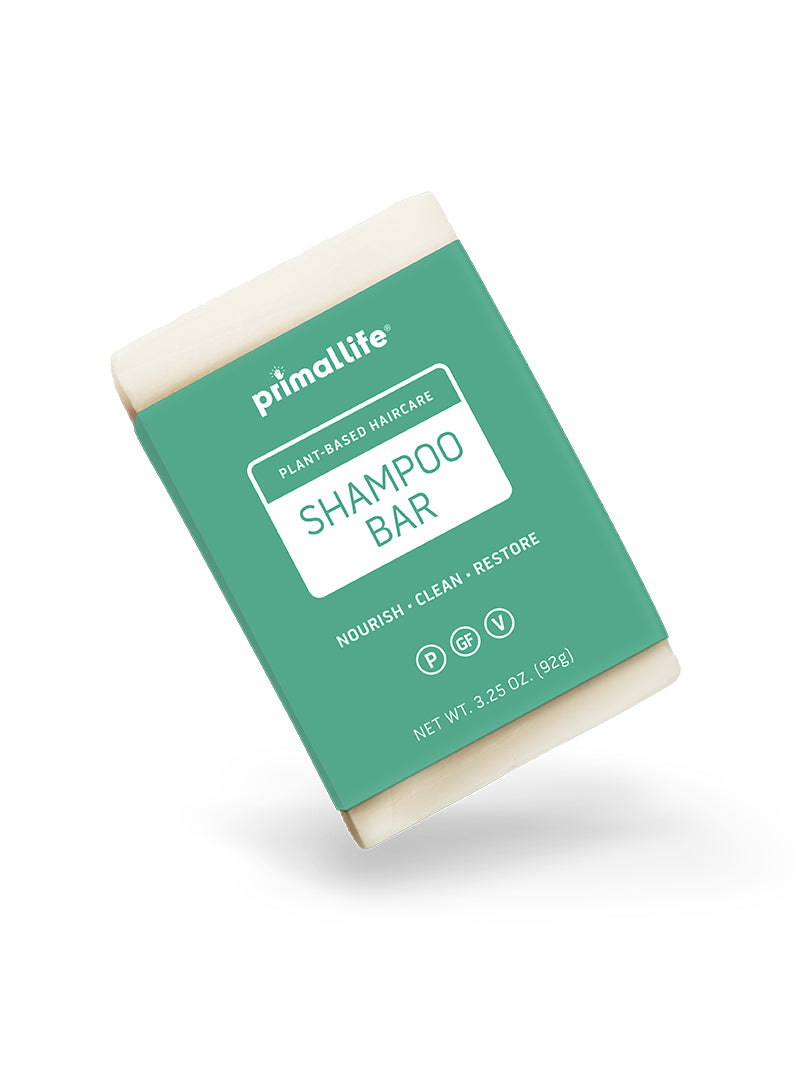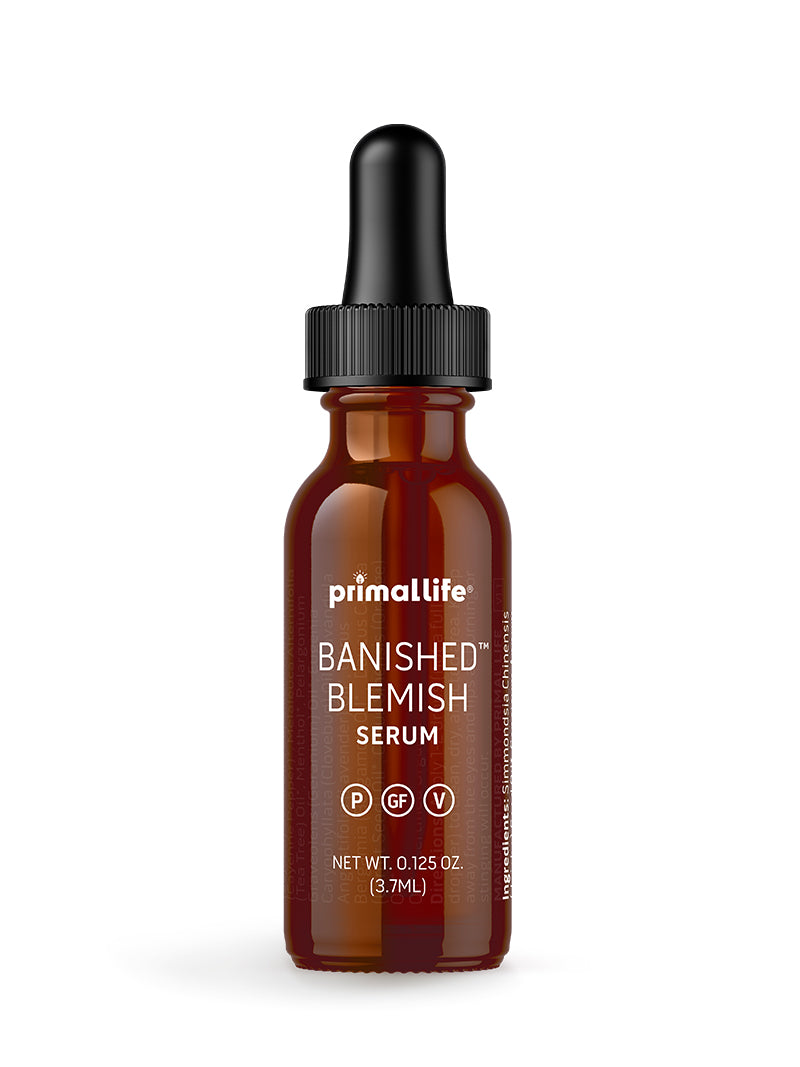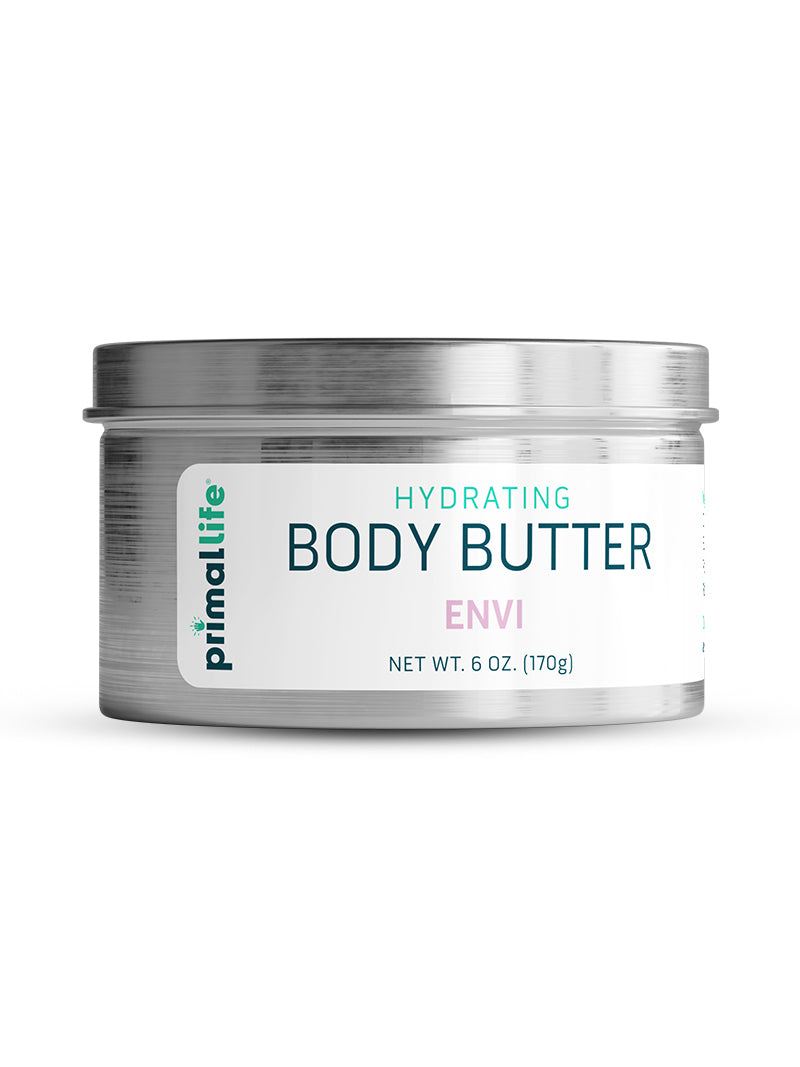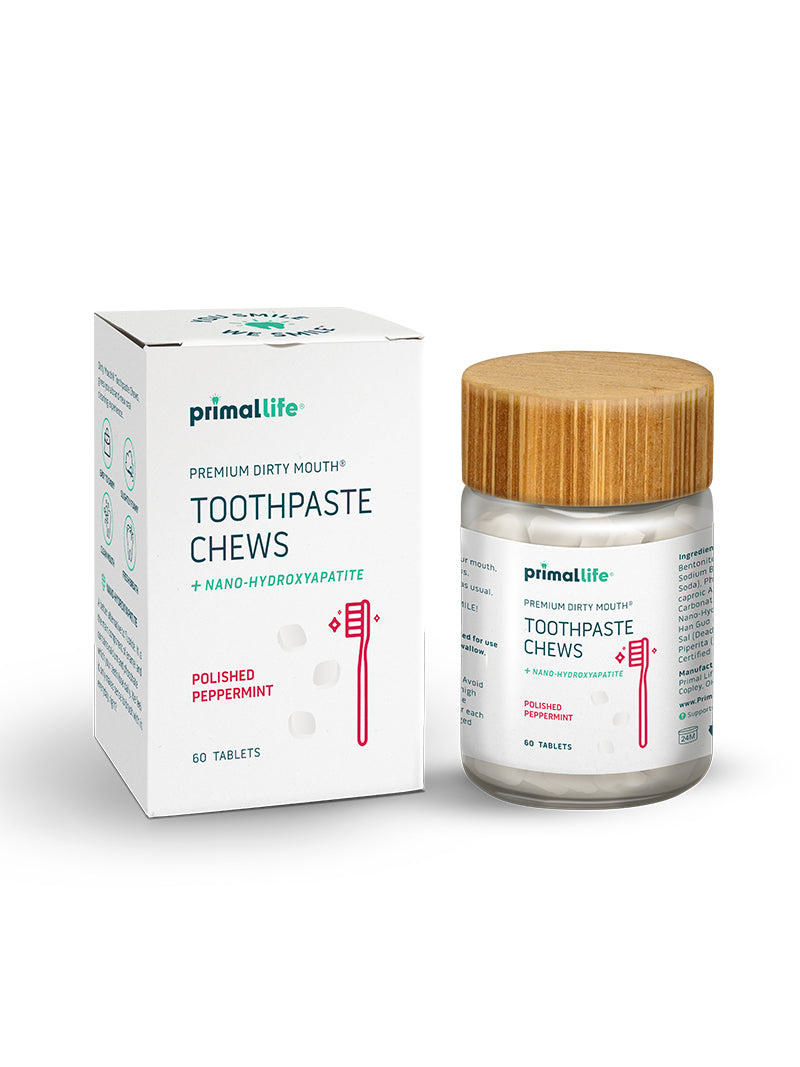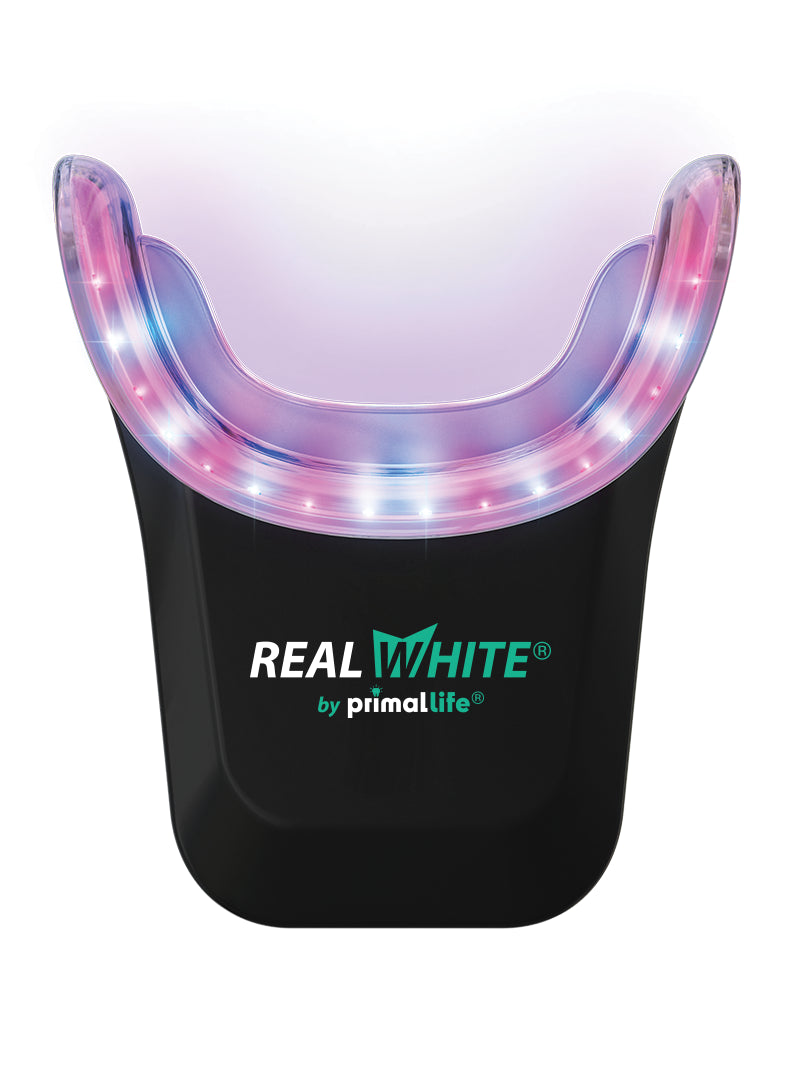What's Wrong With Retinol?

I woke up one morning… like every morning before. 40 years old, tired yet ready to face another day. Out of bed I climbed, as my achy muscles protested the start of another day. You know the feeling. You put your first foot on the cold floor, the second foot goes down, sigh… then stand, and instantly need to stretch before taking the first step.
I put one foot in front of the other and as I wondered, slowly past the mirror I took my morning glance.
And I did a double take.
Do I really need THAT much coffee… or are those wrinkles and bags really here to stay? Have I been sleeping THAT long? When did my face start to look so old and tired?
Upon closer examination, I noticed the puffiness of my skin and the fine lines becoming deeper lines around my eyes and mouth defining my age.
Yep. My skin actually aging.
I headed to the local beauty supply store and asked an associate at the beauty counter what I could use to get rid of wrinkles. She then proceeded to introduce me to the “magical retinol” lotion.
“This is what you need to get rid of those wrinkles!” smirking as she stared right at my wrinkles. With my desire to be “wrinkle-free”, I didn’t even question the retinol warnings about redness, irritation, and even skin cancer.
Stop right there… this is where “turning back time” and “reverse aging” meets Mother Nature. It was at that moment that I realized if I kept using what I was using on my skin (you know, expensive lotions made with retinol), I would keep getting the same results. Lines and wrinkles.
Not if I can help it! This is when I took a deep dive into retinol, the problems with it, the “artificial and chemical” ingredients that often are combined, and a natural alternative that offers much better results.
When I realized the root causes of aging skin, I discovered a blend of natural ingredients that reverse age so seamlessly, I wondered why the beauty industry was selling us toxic potions.
Keep reading… and discover the three powerful, natural alternatives to retinol.
WHAT IS RETINOL?
Retinol is a synthetic derivative of Vitamin A that falls under the wider category of retinoids. It was approved in the 1970s for use as a treatment for acne, psoriasis, wrinkles, and other signs of aging, and some cancer.
When applied to the skin, it promotes cell turnover, boosts the production of elastin and collagen, reduces the appearance of fine lines and wrinkles, and can fade pigmentation spots.
There are two classifications of retinol - retinoids and retinol - which are both part of the vitamin A family. Retinols are a weaker form of retinoids and can be sold over the counter.
HOW DOES RETINOL WORK?
The active agent in retinols and retinoids is retinoic acid, which is responsible for increasing cell turnover.
The acid works by diffusing through the cell membrane and binding to receptors on the cell’s nucleus, where it performs like a gene to promote cell growth. Retinoic acid also blocks the production of collagenase, which is an enzyme that breaks down collagen.
Sounds great, but…
THE PROBLEM WITH RETINOL
There's no doubt that retinol is a powerful ingredient that can help reduce the signs of aging.
But at what cost?
According to the Environmental Working Group, there is a big cost. They rate it a 9 out of 10 in its Skindeep Database, meaning they think it presents a high hazard to human health.
Here are some of the reasons:
SKIN CANCER: research has linked retinoids to an increased risk of skin cancer when used on sun-exposed skin. Even still, cosmetic companies have added the ingredient to plenty of products meant for daytime use — including sunscreen.
A government study from 2012 found that mice who were exposed to creams containing retinyl palmitate or retinoic acid had more tumors and an earlier onset of tumors than mice who were exposed to a cream that did not have these ingredients.
BHT AND PARABEN EXPOSURE: Conventional retinoids are often stabilized with BHT or parabens, ingredients that have been linked to cancer and reproductive issues. And while these toxins are added to the final product, they may not be listed on the ingredient label.
RISK FOR PREGNANT WOMEN AND CHILDREN: Some studies show greater health risks for pregnant women, children, and older women who use retinoids. “If you have too much-preformed vitamin A in your body it can cause health problems, including liver damage, hair loss, osteoporosis, and hip fractures in older adults” states Carla Burns, a research analyst for EWG.
DRYNESS & IRRITATION: The most common complaint about retinol is the dryness and irritation it causes. This can range from mild to severe - and while some just chalk it up to the price of beauty - the dryness and irritation are signs of damage to the skin.
Here’s the truth - because new skin cells produced from retinol use have been rapidly produced, they lack the necessary adhesion and lipid production to protect the skin properly.
The main function of the top layer of the skin is protection - to keep away environmental factors. The more retinol you put on, the poorer the barrier function becomes - thus you experience dryness, flaking, and peeling.
Furthermore, cells generally divide to grow and repair the tissue in your body, but normal cells can only divide a finite number of times - about 50-70 times - which is one of the primary reasons we age.
So if you overuse retinol in your 20s, 30s, and 40s, you could be depleting all of those healthy cell divisions that you really should be storing for cell divisions as you age.
NATURE VS MANMADE
While retinol is a synthetic derivative of Vitamin A, natural sources of Vitamin A from vegetables such as carrots, or in seed oils such as rosehip contained within the whole plant have a much more balanced range of action.
Whenever a single molecule is extracted from its natural environment you create a physical imbalance that the body continually tries to recover from by action/reaction.
Lab-made versions (retinol, retinoids, retinoic acid and others) are not the complete compound if you will. During chemical processing, changes and losses occur.
Nature is "self-protective" and "self-serving" - meaning the compounds in plants are complete- they auto regulate and perform holistically. When a compound is altered, it loses certain qualities and protective mechanisms. The PURE form of Vitamin A found in carrots, squash, pomegranate, rosehip, etc. is a lot different than the retinol found in commercial skincare.
Hypersensitive skin from repeated long term use of synthetic Vitamin A is common and a perfect example of over-use of an ingredient whose primary action is to purposefully burn the skin. Unstable and highly reactive, consistent use of synthetic Vitamin A alters the biochemistry of the skin in sometimes serious and irreversible ways, which is why you need a prescription from a doctor.
You don't need a prescription to eat a carrot - or apply rosehip seed oil to your skin. Primal Life’s Carrot Seed Serum, Carrot Seed Moisturizer, Carrot Seed Cleanser are all rich sources of naturally occurring vitamins A and C.
Retinoids are compounds derived from Retinoic acid, a form of Vitamin A. Skin care products such as Retin-A or Renova® are brand names for tretinoin, a form of retinoic acid, which are topical retinoids. For instance Accutane is an isomer of tretinoin (a retinoid), and is used orally for chronic or severe acne. It is a teratogen (connected to birth defects) and has been linked to an increased risk of suicide. Synthetic Vitamin A ingredients in skin care formulations focus on a purposeful burning of the skin and consistent use long term can endanger your health to say the least.
On the other hand naturally sourced vitamin A from fruits and vegetables have been shown to be important for healthy eyes and vision and protects against infection, baldness, acne, cancer, kidney stones, radiation, pollutants, contraceptives. Vitamin A also promotes normal cell growth, healthy skin and hair, assists in protein digestion and maintains healthy blood and glandular function.
3 POWERFUL NATURAL ALTERNATIVES TO RETINOL
For those that want to avoid the damaging side effects of retinol, but still want to reduce the signs of aging, we have three powerful natural alternatives used in our Carrot Seed Collection, that are proven to reduce wrinkles, lessen skin discoloration, and improve skin elasticity and firmness. The following three powerful, plant-based ingredients are natural alternatives to retinol and can be found in our Carrot Seed Face Cleanser, Carrot Seed Serum and Carrot Seed Moisturizer:
- Carrot Seed Oil is known to have skin-mending, collagen-boosting, and moisturizing properties. It contains vitamins A, C, and E, which are used to help smooth lines, hydrate, and heal the skin. Carrot seed oil increases cell turnover, brightens skin, and reduces inflammation.
- Marula oil is used to seal-in hydration, reduce inflammation and soften the skin. It is high in vitamins C and E and contains the phytochemical epicatechin, which has strong antioxidant properties used to help to stave off the free radicals caused by exposure to UV rays and pollution. Better yet, Marula Oil is able to help "reverse age" the skin because it is also known to inhibit the enzymes that break down both collagen and elastin. The more collagen and elastin your skin has, the thicker and "bouncier" it will look and feel. This thickness "fills in" those fine lines and wrinkles and they magically disappear almost overnignt... and without any nasty side effects! Marula oil also contains amino acids, specifically L-arginine and glutamic acid, which are known to have anti-aging properties.
- Bakuchiol Oil is a powerful plant-based ingredient. It is used to improve skin brightness, sort uneven skin tone, up plumpness, minimize enlarged pores, boost firmness, smooth out texture and lessen fine lines. It is known to deeply penetrate the skin to help lessen the appearance of dark spots or areas of hyperpigmentation. Similar to retinol A, yet more gentle on the skin, Bakuchiol is known to trigger cells for collagen production, "plumping" the look of your skin and reducing the look of lines and wrinkles.
The powerhouse combination of carrot seed oil, marula oil and bakuchiol oil in our Carrot Seed Collection will leave your skin looking and feeling younger without any of the harsh side effects... and since it's working inside your skin, the results will last longer.
THE BOTTOM LINE ON RETINOL
It’s up to each person to decide if the powerful qualities of retinol and other retinoids are worth the risks.
In our view, risking the long-term health of your skin, in addition to other health risks associated with retinol, is not worth it. Using natural alternatives like Carrot Seed Oil, Marula and Bakuchiol, which have been proven effective at reducing the signs of aging, is a safe choice with impressive results.
REFERENCES:
https://www.ncbi.nlm.nih.gov/pmc/articles/PMC7403684
https://my.clevelandclinic.org/health/treatments/23293-retinol
https://www.aad.org/public/everyday-care/skin-care-secrets/anti-aging/retinoid-retinol
https://www.ewg.org/skindeep/ingredients/706889-RETINOL_VITAMIN_A/
https://www.safecosmetics.org/chemicals/retinol-and-retinol-compounds
https://pubmed.ncbi.nlm.nih.gov/23001333/
https://www.healthline.com/health/pregnancy/retinol-pregnancy#after-pregnancy


